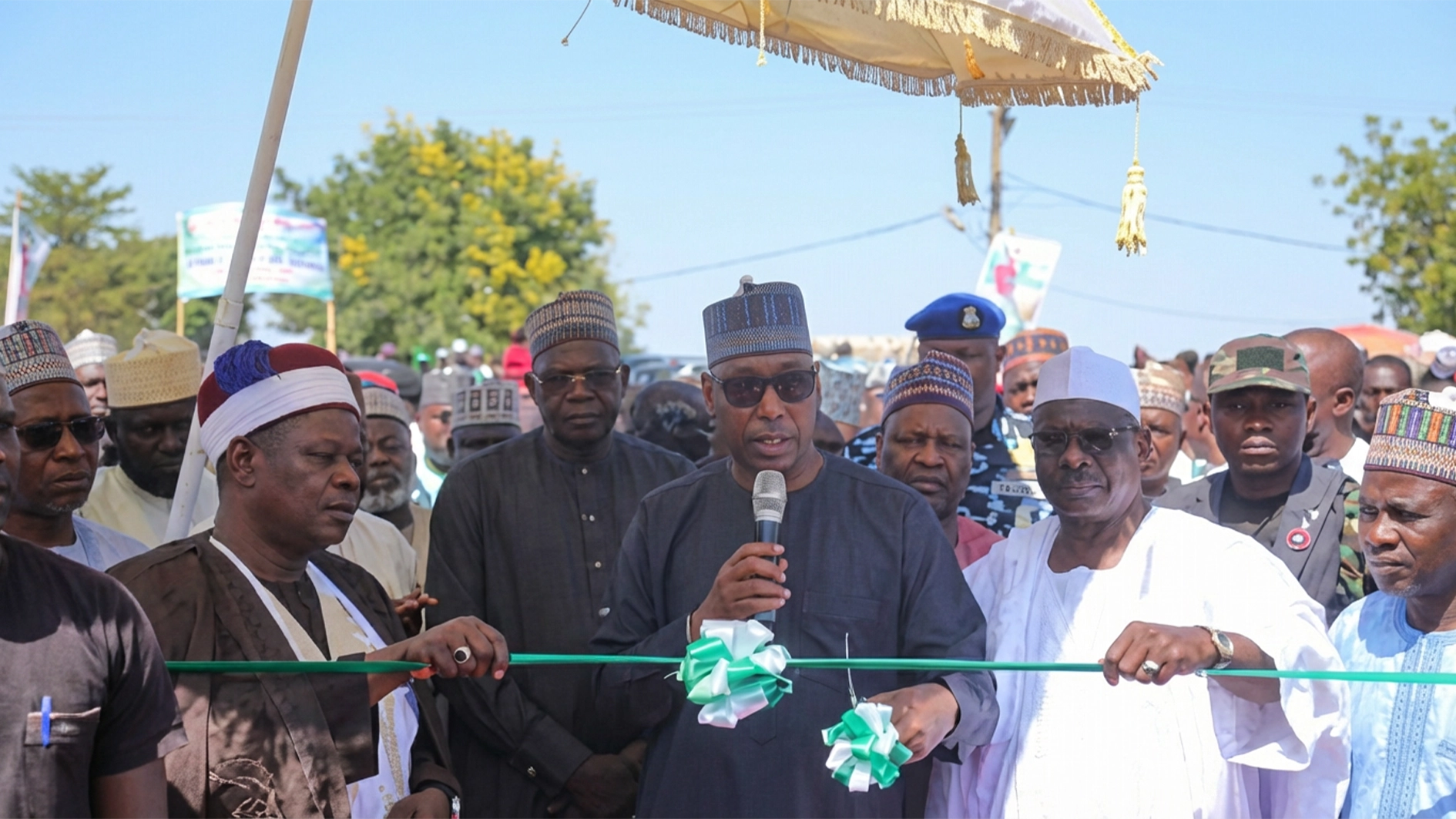Paulinus Chijioke, professor of Technical Education and sixth substantive Executive Secretary of the National Commission for Colleges of Education (NCCE), has outlined plans to implement a dual mandate for selected Nigerian Colleges of Education, which allows them to run Nigerian Certificate in Education (NCE) and degree programmes concurrently.
The initiative takes effect from the 2025/2026 academic session with a pilot phase involving 18 colleges.
Chijioke, in a recent interview, explained that the dual mandate follows amendments to the 1989 Act establishing the Colleges of Education, with the latest amendment in 2023 allowing degree programmes alongside NCE.
He said the colleges, some of which were previously producing degrees through affiliation with universities, have the necessary facilities and academic staff to manage both programmes independently.
“When we made an assessment of the level of facilities, resources generally, both human and physical facilities in these colleges, we found out that there are so many that are almost underutilised if we continue to run only the NCE. It was based on this fact that we put a proposal forward for the dual mandate,” Chijioke said in an interview with The Tribune.
He added that the government’s investment in human and physical resources, combined with faculty development and TETFund support, positions the colleges to implement the new mandate.
He further noted that the dual mandate addresses challenges in student progression, allowing NCE graduates to advance to degree programmes within the same college without waiting for affiliate university admission.
Chijioke stressed that the colleges are designed for teacher training, with professional teaching practices embedded in the curriculum.
“The colleges of education are created only to train teachers. NCE is for basic education while degree holders are for senior secondary schools,” he said in the Tribune interview.
The selection of the 18 colleges for the pilot phase was based on existing degree-producing capabilities, verified resources, and accreditation status. On concerns about potential discrimination against degree holders from colleges of education, Chijioke assured that the law ensures parity and cited ongoing government measures to standardize recognition.
Chijioke also pointed out efforts to improve the quality of teacher education, including curriculum reviews aligned with the Nigerian Educational Research and Development Council (NERDC), quality assurance measures, monitoring of illegal institutions, and support for blended learning approaches.
He acknowledged challenges with student enrollment due to general apathy toward the teaching profession and differences in perceived career prospects, noting that the dual mandate and government incentives are expected to improve attractiveness.
On teacher welfare and dignity, Chijioke said: “The dignity of teachers will be restored in the society. Incentives introduced under the previous administration, including rural allowances and scholarships, are being gradually implemented. Some challenges arise from state-level administration and funding, but policies such as retirement at 65 for teachers are being enforced.”
He stressed milestones in NCCE’s recent activities, including resolving industrial disputes in colleges, improving staff welfare, supporting lecturers to pursue higher degrees, and preparing colleges for the dual mandate.
Chijioke noted funding remains a constraint but affirmed that the commission continues to carry out accreditation, monitoring, and resource verification effectively.






